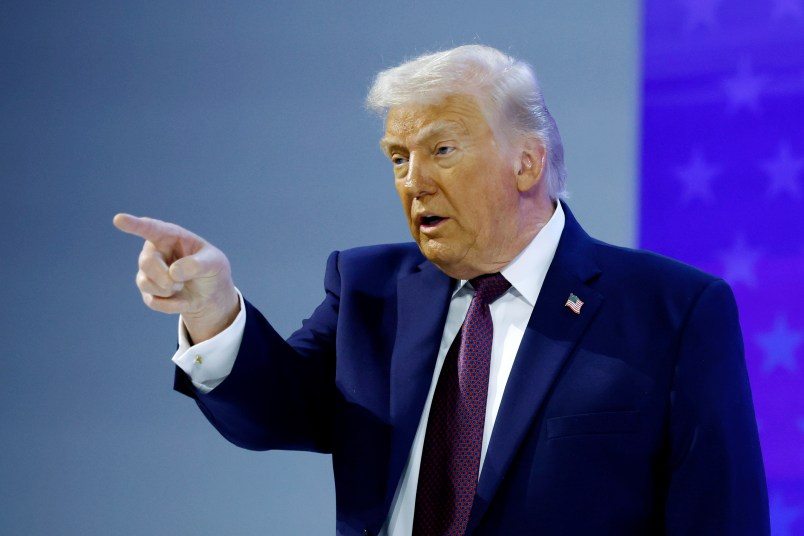
By Moji Danisa
Across Africa, a troubling trend is emerging, one that combines the quiet expansion of Chinese influence with a surge in illicit mining and resource smuggling. From Nigeria to Zambia, a pattern of illegal operations involving Chinese nationals is coming to light, raising urgent questions about the cost of foreign investment when it comes with few scruples and high environmental and social tolls.
Just days after Chinese nationals were sentenced in Nigeria for illegal mining, a new case out of Zambia underscores the breadth and boldness of these activities. Zambian police recently arrested four Chinese nationals and three local accomplices in connection with the attempted theft of zinc oxide valued at over $45,000. The mineral shipment originated from the STL Mine Ville in Lubumbashi, Democratic Republic of the Congo, and was en route to Trafigura Asia Trading in Singapore. But the cargo never reached its intended destination.
Thanks to enhanced security monitoring, authorities noticed that the transport truck, a Scania with Tanzanian plates, had strayed off course. A raid was swiftly launched at the site where the truck was being offloaded, resulting in multiple arrests and the recovery of the stolen materials.
A Pattern Across Borders
This is not an isolated incident. In Nigeria, Chinese nationals have repeatedly been implicated in illegal mining operations, especially in states rich in gold and other precious minerals. These activities are often facilitated by complicit local actors, driven by poverty and lack of regulation. The operations degrade the environment, displace communities, and contribute to insecurity.
Illegal mining not only robs African countries of vital revenue but also deepens social inequality and corruption. Chinese firms and individuals, some with links to larger state-backed entities, have become notorious for sidestepping local laws, bribing officials, and exploiting weak enforcement structures.
The Bigger Picture: Investment or Exploitation?
While Chinese investment in Africa, through the Belt and Road Initiative and other infrastructure projects, has been widely publicized, critics argue that the benefits are increasingly lopsided. For many African countries, the influx of Chinese capital is a double-edged sword. On one hand, it brings roads, railways, and development; on the other, it fuels a new scramble for resources, often leaving destruction in its wake.
What makes the situation even more complex is the sophisticated nature of these crimes. The recent Zambian case points to a transnational criminal network, with minerals being moved across multiple borders and destined for global markets. The logistics, funding, and execution suggest more than just petty theft, it is organized exploitation.
What’s Next?
African nations must urgently reevaluate how foreign entities operate within their borders. This includes:
Strengthening regulatory frameworks
Enhancing cross-border intelligence sharing
Holding both local and foreign perpetrators accountable
Investing in technological tools to monitor mining operations and transport routes
Equally crucial is the need for transparency in mining concessions, community involvement, and greater scrutiny of foreign actors whose economic interests may not align with sustainable development.
The arrests in Zambia and the convictions in Nigeria, send a message, but the battle is far from over. As China’s footprint continues to grow in Africa, so too must the continent’s resolve to protect its resources from being plundered under the guise of partnership.





